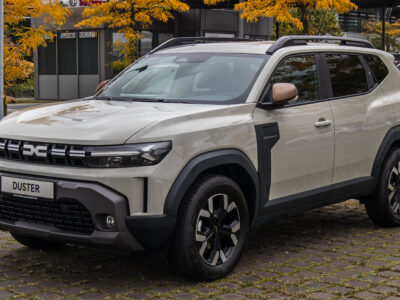
Is the Nissan Juke a Good First Car? A Complete UK Buyer’s Guide
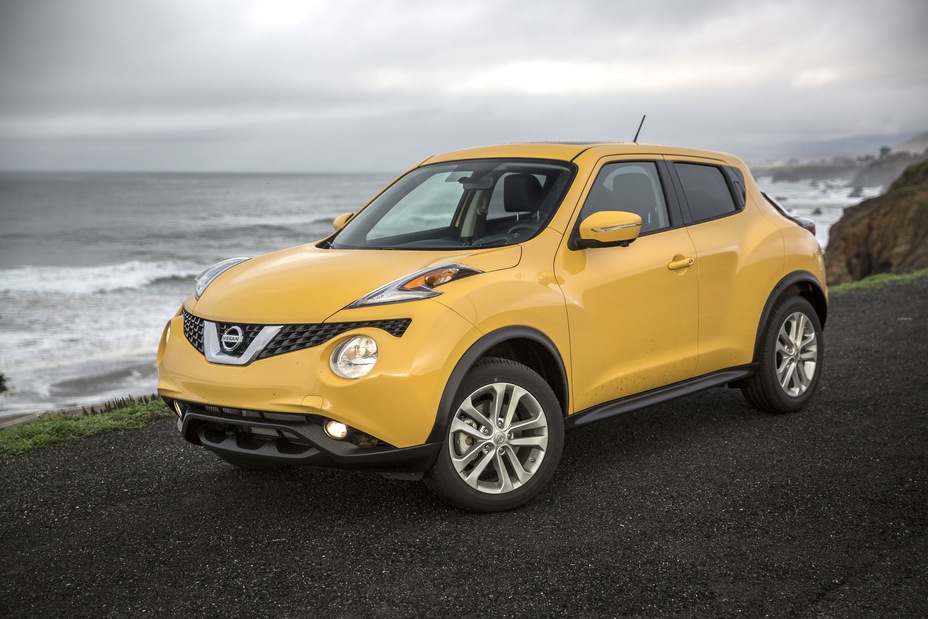
Choosing your first car is a defining moment — the gateway to independence, weekend getaways, and everyday convenience. Among the countless options on the UK market, the Nissan Juke often stands out for its quirky looks and compact practicality. But does it truly make sense as a first car? Let’s explore everything you need to know before you decide.
- Overview: The Nissan Juke in a Nutshell
- Why the Nissan Juke Appeals to First-Time Drivers
- Downsides to Consider Before Buying
- Safety: How the Juke Protects New Drivers
- Maintenance and Reliability
- Reliability Verdict
- Insurance and Running Costs for New Drivers
- Comparing the Juke to Its Main Rivals
- Is the Nissan Juke a Good First Car? Our Verdict
- Frequently Asked Questions
Overview: The Nissan Juke in a Nutshell
The Nissan Juke made its debut in 2010 and instantly divided opinions. Its bold, bug-eyed styling made it impossible to ignore, while its raised stance offered a crossover feel in a compact body. Over time, newer generations have refined that design while improving comfort, economy, and safety.
The Juke is now a familiar sight on UK roads — especially among younger drivers who want something different without compromising on practicality.
Why the Nissan Juke Appeals to First-Time Drivers
1. Affordable Pricing
As a new or used buy, the Juke fits neatly into the first-car budget.
- Used Jukes start from as little as £4,000–£6,000, depending on age and mileage.
- Newer models (post-2020) cost around £18,000–£25,000, which still undercuts many premium small SUVs.
Running costs are reasonable, with competitive fuel economy and affordable servicing.
2. Easy to Drive and Park
New drivers often fear city driving — but the Juke’s tight turning circle, compact footprint, and elevated driving position make urban manoeuvres easy. Parking sensors and reversing cameras are common on later trims, taking the stress out of tight bays or parallel parking.
3. Fuel Efficiency
For first-time car owners, petrol bills matter. The Juke’s range of small turbocharged engines delivers between 40–50 mpg combined, depending on model and driving style. The 1.0-litre DIG-T petrol engine in the latest versions is especially efficient and ideal for daily commutes or short trips.
4. Distinctive Styling
The Juke’s design is unapologetically bold — a true expression of individuality. It’s perfect for drivers who want to stand out from the endless sea of small hatchbacks. The latest generation’s sleeker LED headlights and coupe-like roofline add a touch of sophistication that appeals to younger motorists.
5. Packed with Modern Tech
Even early Juke models feature decent infotainment, while newer ones offer Apple CarPlay, Android Auto, Bluetooth connectivity, and NissanConnect navigation.
Driver aids such as lane-departure warning, blind-spot monitoring, and traffic sign recognition boost both safety and confidence behind the wheel.
Downsides to Consider Before Buying
1. Polarising Design
The very thing that attracts some buyers might deter others. Its distinctive design doesn’t please everyone, which could affect resale value later on. Those who prefer understated looks might find it a bit too eccentric.
2. Tight Rear Space
Rear passenger comfort isn’t the Juke’s strong point. The sloping roofline and compact dimensions make the back seats cramped for adults, especially on longer journeys. It’s fine for occasional passengers or short trips, but families might prefer something roomier like a Kia Soul or Honda HR-V.
You may be interested in reading MG HS Full Price, Versions, and Specifications Guide (2025 Update)
MG HS Full Price, Versions, and Specifications Guide (2025 Update)3. Limited Boot Capacity
With around 354 litres of boot space (depending on the generation), the Juke trails some rivals in storage. While it’s fine for shopping or light luggage, fitting sports gear or bulky suitcases can be a squeeze.
4. Ride Comfort
Earlier Jukes are known for their firmer suspension, which can feel harsh on uneven British roads. The newer models have improved damping, but drivers should still test one on familiar routes to gauge comfort.
5. Modest Performance
While the Juke handles nimbly, its engines prioritise economy over excitement. The 1.2-litre and 1.6-litre petrols feel underpowered on motorways, though the 1.0-litre turbo and hybrid variants deliver better all-round performance.
Safety: How the Juke Protects New Drivers
Safety is one of the Juke’s biggest strengths. Depending on the year and trim, you can expect:
- ABS and Electronic Stability Control
- Front, side, and curtain airbags
- Traction control system
- Hill-start assist
Later versions (especially post-2019) include advanced driver-assistance systems (ADAS) such as:
- Blind-spot warning
- Rear cross-traffic alert
- Automatic emergency braking
- Intelligent lane intervention
The second-generation Juke achieved a solid five-star Euro NCAP rating, making it one of the safest options for young, inexperienced drivers.
Maintenance and Reliability
Nissan has a reputation for dependable engineering, and the Juke generally follows suit. Still, like any used car, regular servicing is vital.
Typical maintenance intervals:
- Oil & filter changes: Every 6,000–9,000 miles
- Brake inspections: Every 10,000 miles
- Tyre rotation: Every 6 months
- Air filter replacement: Annually
- Coolant & brake fluid: Every 2 years
Parts are easy to find across the UK, and independent garages can service the Juke at modest costs — typically £150–£250 per routine service.
Reliability Verdict
Owners report strong reliability scores, especially for post-2015 models. Common issues like timing chain stretch or turbo faults are rare but worth checking on higher-mileage examples. Keeping up with oil changes is key to avoiding engine wear.
Insurance and Running Costs for New Drivers
Insurance is often a deal-breaker for young motorists, but the Juke’s classification makes it competitive.
- Insurance groups: Typically 10–14, depending on model and trim.
- Annual road tax: Around £180–£240 for most petrol models.
- Fuel economy: Up to 48 mpg (combined).
Younger drivers can lower premiums through black-box insurance policies or by opting for lower-powered variants.
You may be interested in reading MG HS Full Price, Versions, and Specifications Guide (2025 Update)
MG HS Full Price, Versions, and Specifications Guide (2025 Update) Are MG HS Cars Reliable? A Complete 2025 Reliability Review
Are MG HS Cars Reliable? A Complete 2025 Reliability ReviewComparing the Juke to Its Main Rivals
| Model | Strengths | Weaknesses |
|---|---|---|
| Honda HR-V | Refined, reliable, spacious | Pricier than Juke |
| Mazda CX-3 | Sporty handling, premium feel | Smaller boot |
| Hyundai Kona | Tech-rich, smooth ride | Higher insurance group |
| Kia Soul | Boxy practicality, roomy cabin | Styling not for everyone |
| Renault Captur | Comfortable, economical | Lacks sporty edge |
The Juke sits right in the middle — more stylish than the HR-V, cheaper than the Kona, and more fun than the Captur.
Is the Nissan Juke a Good First Car? Our Verdict
Yes — for most new drivers, the Nissan Juke is a smart first car choice. It blends style, safety, and simplicity in a compact package that’s easy to live with day to day.
Choose it if you value:
- Eye-catching looks
- Compact dimensions
- Low running costs
- Good tech and safety features
Avoid it if you need:
- Generous rear seating
- Big boot capacity
- Sporty acceleration
Overall, it’s a car that grows with its driver — reliable, stylish, and practical for everyday life.
Frequently Asked Questions
1. Is the Nissan Juke expensive to insure for young drivers?
Not particularly. Most Juke variants fall within insurance groups 10–14, making them cheaper than larger SUVs. Choosing the 1.0-litre petrol model further reduces premiums.
2. Is the Nissan Juke reliable?
Yes. Regular servicing and oil changes ensure consistent reliability. The Juke is known for robust engines and long-lasting parts, particularly post-2015 models.
3. How much does it cost to maintain a Juke annually?
Expect around £500–£700 per year for routine maintenance, MOT, and minor repairs, depending on mileage and garage rates.
4. Is the Nissan Juke good for motorway driving?
Yes, though lower-powered petrol versions can feel strained at high speeds. The 1.0-litre DIG-T and hybrid models handle motorways comfortably.
5. Should I buy a new or used Nissan Juke?
If you want the latest safety features and infotainment, buy new. For value seekers, a 2016–2019 used model offers the best balance of reliability, technology, and price.
Final Thoughts
The Nissan Juke strikes a rare balance between fun, functionality, and affordability — the perfect mix for new UK drivers. While it’s not flawless, it offers peace of mind, distinctive personality, and smart running costs, making it a top contender for your first set of wheels.
You may be interested in reading MG HS Full Price, Versions, and Specifications Guide (2025 Update)
MG HS Full Price, Versions, and Specifications Guide (2025 Update) Are MG HS Cars Reliable? A Complete 2025 Reliability Review
Are MG HS Cars Reliable? A Complete 2025 Reliability Review MG HS vs MG ZS: The Complete 2025 UK SUV Comparison
MG HS vs MG ZS: The Complete 2025 UK SUV ComparisonIf you want to know other articles similar to Is the Nissan Juke a Good First Car? A Complete UK Buyer’s Guide you can visit the category Blog.
Leave a Reply

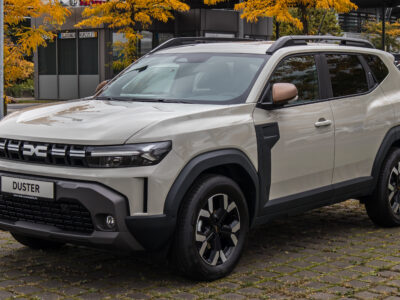
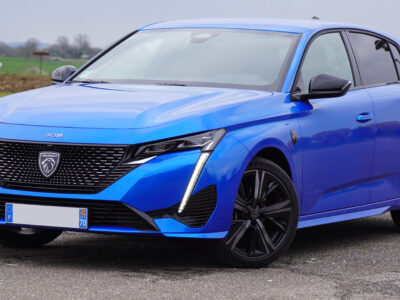
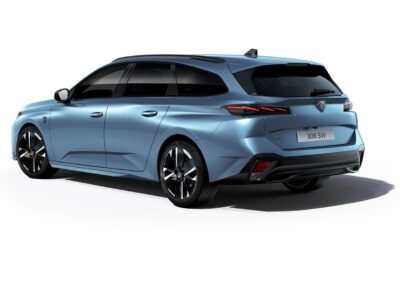
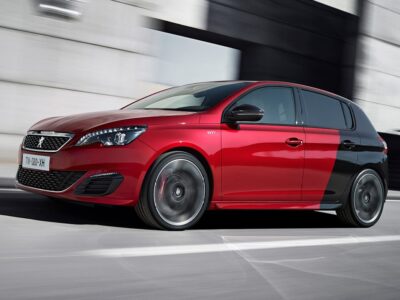
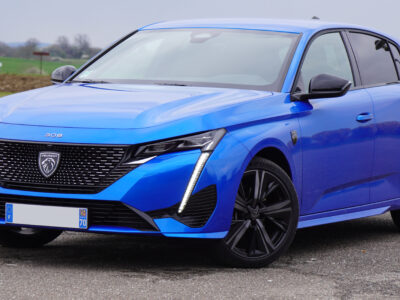
More content of your interest